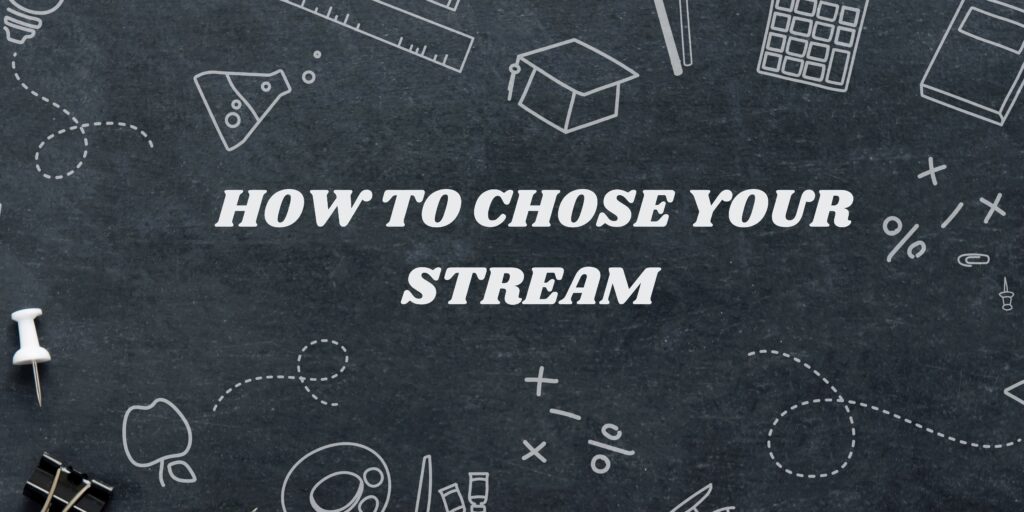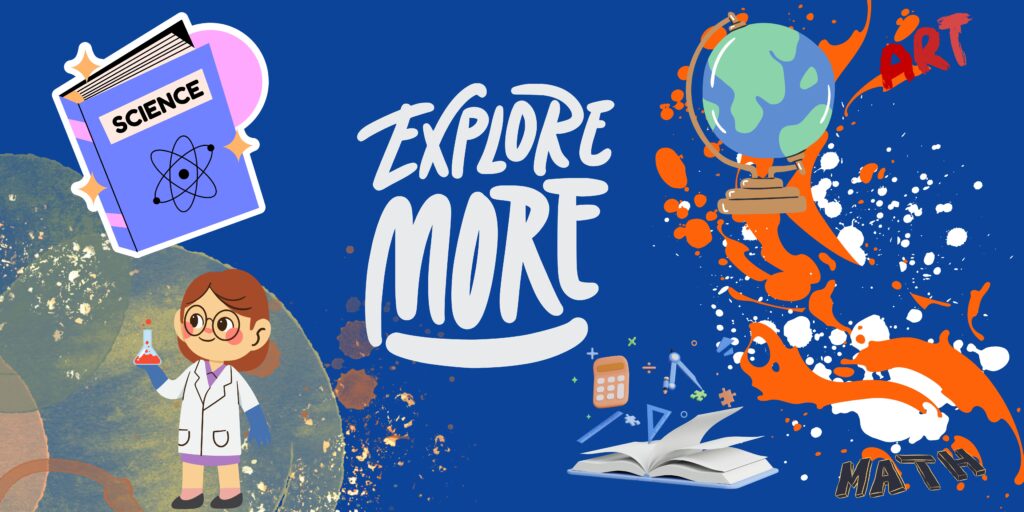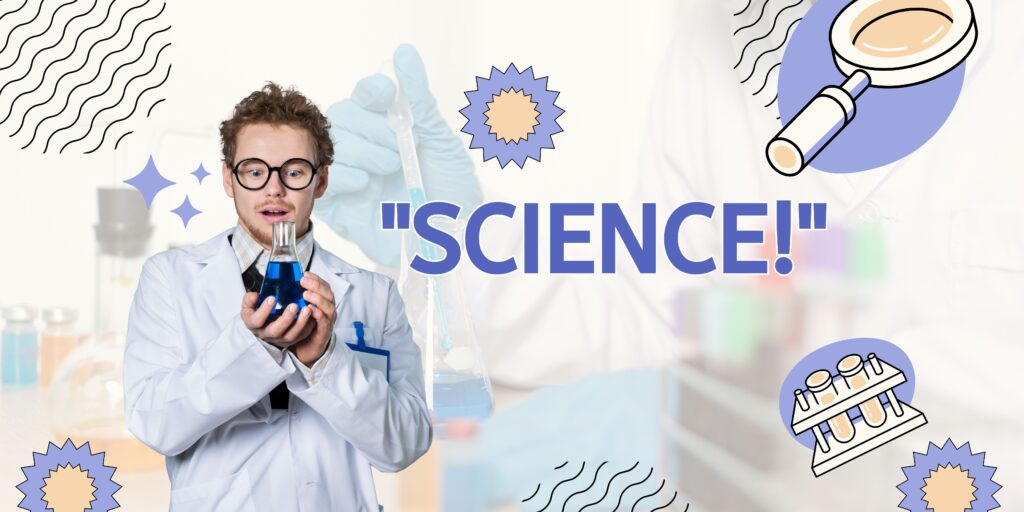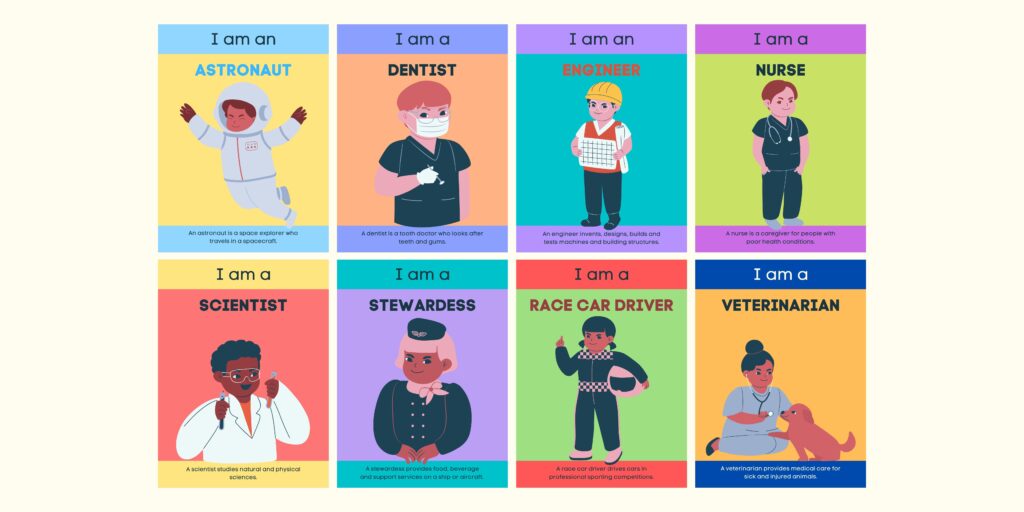
Confused ! HOW TO CHOOSE YOUR STREAM AFTER 10TH hear you can Explore expert tips, career guidance, to make an informed decision , Choosing the right academic stream after 10th is a significant milestone, shaping not only your education but also your career and life. The decision can feel overwhelming, especially when it seems like so much is riding on getting it right. While academic streams offer a structured path, it’s essential to remember that no decision is final. Life is full of possibilities, and career paths today are far more flexible than they once were.
“how to choose your streams after 10th “
I’ll break this journey into steps, addressing the importance of self-reflection, research, career aspirations, and advice from mentors, all while ensuring that you make a decision that aligns with your values and dreams. Let’s walk through these considerations in detail, keeping in mind that your choice is deeply personal and unique to you. Let’s see “how to choose your streams after 10th”.
1. The Importance of Self-Reflection
Before jumping into “how to choose your streams after 10th “. it’s essential to take a step back and look inward. Your stream choice should resonate with your passions, strengths, and long-term goals. This process of self-reflection can help you see yourself more clearly, empowering you to make a decision that feels right in your gut, not just on paper.
Think back to your school years. What subjects have you enjoyed the most? Maybe you’ve always loved solving complex math problems, or perhaps you find yourself fascinated by stories of the past. This process isn’t just about subjects it’s about recognizing what excites and energizes you. When you pursue what you love, hard work feels less like a burden and more like a fulfilling challenge.

Beyond interests, think about your skills and strengths. Are you someone who thrives in problem-solving situations, or do you excel in creative expression? Sometimes, we’re drawn to things we enjoy but may not be particularly skilled at yet and that’s okay! The key is to balance your passions with your strengths, while also leaving room to grow in areas that intrigue you.
Most importantly, this self-reflection should include your values and goals. Are you someone who wants financial stability Or do you seek creativity and freedom in your career? Understanding what you value most will help guide you toward a stream that aligns with your long-term vision for your life.
2. Exploring Your Options: Science, Commerce, Arts, and More
when you think about Confused ! HOW TO CHOOSE YOUR STREAM AFTER 10TH. Once you’ve spent time reflecting on who you are and what you want, it’s time to dive into the academic streams themselves. Typically, schools offer three major streams: Science, Commerce, and Arts (or Humanities). Each stream provides a distinct direction, leading to various career opportunities.

Science Stream

- science often appeals to students with an interest in the natural world, mathematics, and technology. It’s the most versatile stream in terms of career options, opening doors to professions like medicine, engineering, research, IT, and environmental sciences.
- Choosing science means committing to subjects like Physics, Chemistry, Biology, and Mathematics. While this stream is challenging, it rewards those with a passion for analytical thinking and problem-solving. If you see yourself contributing to cutting-edge discoveries, working on innovative solutions, or improving people’s lives through medical or technological advancements, the science stream might be the right fit.
- The science stream often demands intense study hours, practical lab work, and an ability to cope with theoretical and applied aspects. If you thrive under pressure and enjoy working on complex problems, science can be immensely rewarding.
This is a best stream who have interest in biology and scienc related subject.
Commerce Stream

- Commerce is a great fit for students interested in business, economics, and finance. It offers a clear route into careers like chartered accountancy, financial analysis, business management, marketing, and entrepreneurship.
- In the commerce stream, students dive into subjects like Economics, Business Studies, Accounting, and Mathematics (optional in some cases). It’s an excellent choice for those who enjoy understanding how markets work, analyzing data, and making strategic decisions.
- If you’re someone who has always been curious about how businesses operate or how the stock market functions, commerce could provide the foundation for a successful career. Moreover, this stream allows for a wide variety of career options, from working in corporate finance to starting your own business. However, commerce requires analytical thinking, numerical skills, and a knack for understanding economic system.
- This is a best stream who have interest in account and mathe related subject.
Arts/Humanities Stream

- The Arts or Humanities stream is an expansive field, offering subjects like History, Geography, Political Science, Literature, Sociology, Psychology, and Philosophy. This stream appeals to those who are drawn to human culture, society, and expression.
- Careers in arts and humanities can be deeply fulfilling and diverse. You might become a teacher, a writer, a social worker, a lawyer, a psychologist, or even a journalist. If you have a passion for understanding human behavior, culture, and history, or if you love expressing yourself through language or art, this stream could be your home.
- While it is often considered a “less practical” stream, this perception is far from accurate. In today’s world, creativity, critical thinking, and the ability to communicate effectively are skills that are in high demand across all industries. Arts students can go on to have impactful careers that involve shaping minds, advocating for change, and influencing cultural trends.
- This is a best stream who have interest in politices and arts related subject.
3. Aligning Your Stream with Career Aspirations
Now that you have an understanding of what each stream offers, it’s important to match them with your career goals. While it’s hard to know exactly what job you’ll have in the future, you can still explore potential career paths that resonate with you. after that you are still Confused ! HOW TO CHOOSE YOUR STREAM AFTER 10TH
So Take the time to research careers related to each stream. For example, if you’re leaning toward science but don’t want to become a doctor or engineer, look into fields like biotechnology, environmental science, or even forensic science. Similarly, if commerce interests you but you’re not sure about traditional business roles, explore careers in fields like international trade, actuarial science, or digital marketing.

In the humanities, career paths can be incredibly diverse. If you love literature but don’t want to teach, perhaps you could explore creative writing, journalism, publishing, or even public relations. Understanding the career possibilities within each stream can help you narrow your choices based on what excites you. When you “Aligning Your Stream with Career Aspirations” so you can easily choose your strem after 10th.
4. Seeking Guidance from Mentors and Advisors
When you Choosing a stream after 10th it is a personal decision, but that doesn’t mean you have to go through it alone. Seeking advice from people you trust can provide invaluable insight and reassurance. Start by talking to your school counselor or teachers. They’ve likely seen many students go through this decision-making process and can offer guidance based on your strengths and interests.
Family members can also be helpful, though their advice may sometimes be biased based on their experiences and expectations. It’s important to listen to their input but also to make a decision that feels true to you.

Additionally, reaching out to professionals in fields you’re interested in can be an eye-opening experience. Shadowing someone for a day or asking for a coffee chat can give you a realistic picture of what certain jobs are like. These interactions might solidify your decision—or help you realize you want to head in a different direction.
5. Flexibility and the Changing World of Work
One important thing to remember when you think HOW TO CHOOSE YOUR STREAM AFTER 10TH that your decision now doesn’t have to be permanent. While choosing a stream after 10th sets you on a path, that path can have many twists and turns. The modern world of work is more dynamic than ever, and people frequently switch careers, gain new skills, and pivot into new fields.
For example, someone with a science background might later find a passion for economics and combine the two to work in environmental policy. Likewise, an arts student might discover a love for technology and work in digital media or design.

Additionally, interdisciplinary careers are becoming more common. Many of the most exciting careers today involve skills from multiple fields, such as data science (combining math, technology, and business), UX design (blending psychology and design), or sustainable development (integrating science, business, and policy). Keeping your options open while mastering the fundamentals in your chosen stream will prepare you for a dynamic and ever-evolving career landscape.
6. Taking a Personality or Aptitude Test
If you’re still unsure after reflecting, researching, and seeking advice, consider taking a personality or aptitude test. These assessments are designed to highlight your strengths, preferences, and potential career paths based on your individual characteristics. While they shouldn’t be the sole basis for your decision, they can provide useful guidance and validation for your choices. Than choose your stream after 10th.

Conclusion: Trust Yourself
Choosing your academic stream is a significant decision, but it’s not the final word on your future. It’s a step toward discovering more about yourself and the world around you. Trust the process, be open to advice, and, most importantly, believe in your ability to make the best decision for yourself.
